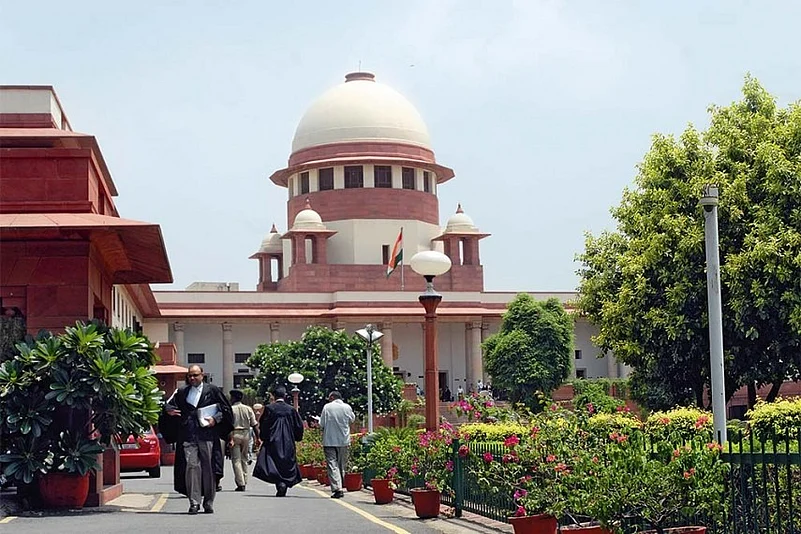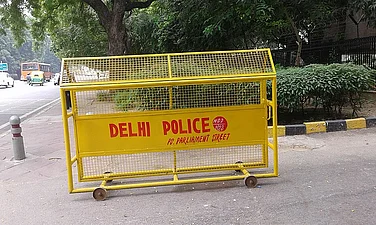The Supreme Court on Wednesday asked the Centre and states to express their views on whether former Presidents, ex-Prime Ministers and former chief ministers were entitled to continue occupying government accomodation.
The apex court, hearing a challenge to the amendments to an Uttar Pradesh legislation allowing ex-chief ministers of the state to continue occupying government bungalows, left it open to the Centre and states to appear before it and express their views.
A bench comprising Justices Ranjan Gogoi and R Banumathi took into account the suggestions by senior advocate Gopal Subramaniam, who is assisting the court as amicus curiae, in this regard.
"On a consideration of the views expressed by the amicus curiae, we are of the opinion that we should leave it open to the law officer(s) of the Union Government and the concerned states who may have a similar legislation/executive instructions with the option of appearing before the court on the next date fixed," the bench said. The court fixed the matter for hearing on March 13.
The court requested the amicus to communicate a copy of its order to the office of the Attorney General or Solicitor General, as well as the advocates general of states, who might have a similar legislation like Uttar Pradesh.
During the hearing, the apex court observed that if the provision, which has been challenged by NGO Lok Prahari, is held invalid, then similar legislation in other states might also come under challenge.
"Even if we do not increase the width of this proceeding, should we not leave it open to the Centre and other states to take part in the proceedings," the bench asked the amicus who said "it would be most appropriate".
Subramaniam said since the issue might have ramifications for the Centre as well as the states, the Attorney General or Solicitor General and advocate generals of the states could be asked to give their suggestions.
The bench, after hearing the submissions, noted that it would be necessary to hear the law officers of the Centre and the states, who may have a similar legislation or executive instructions in force.
Earlier, the amicus, in his suggestions given to the top court, had said that after persons holding top constitutional posts demit office, they were like ordinary private citizens and not entitled to official accomodation.
The court had last year observed that the issue needed to be debated at length as its directions mighht affect various state and central legislations regarding allotment of government accomodation to ex-chief ministers.
The NGO had challenged the amendments made by erstwhile Akhilesh Yadav government to the 'UP Ministers (Salaries, Allowances and Miscellaneous Provisions) Act, 1981'.
It also challenged another UP law of 2016 called 'The Allotment of Houses under Control of the Estate Department Bill-2016' to regulate the allotment of government accommodations to trusts, journalists, political parties, speaker and deputy speaker of legislative assembly, judicial officers and government officials.
The apex court had sought the UP government's response in November 2016, after the plea claimed that the state government has sought to skirt the Supreme Court's verdict of August 1, 2016 by amending the law.
In its 2016 verdict, the apex court had held that the government bungalows allotted to the former chief ministers of Uttar Pradesh was bad in law and they should hand over possession of the bungalows occupied by them in two months.
It had also said the state government should recover appropriate rent from the occupants of these bungalows for the period during their "unauthorised occupation".
PTI






















